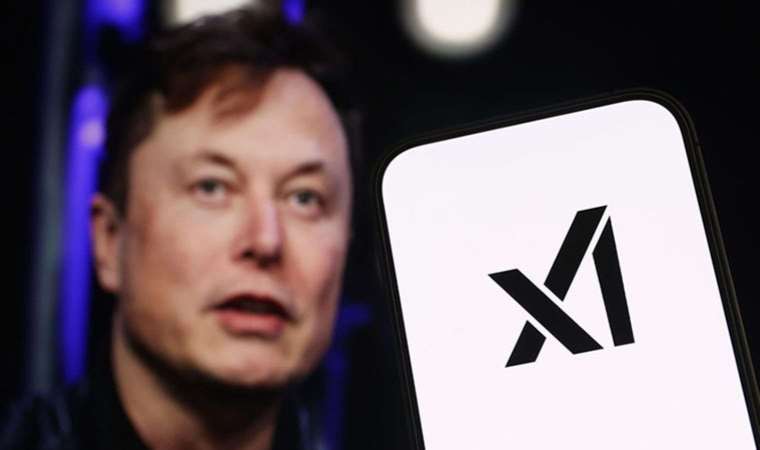TL;DR:
- Elon Musk refutes reports of xAI securing $500 million in funding toward a $1 billion goal.
- xAI is reportedly discussing a valuation ranging from $15 billion to $20 billion.
- Musk and investors are set to finalize terms in the coming weeks.
- Some parties are exploring options for computing power in addition to xAI equity shares.
- Musk had previously stated that xAI was not raising funds, but the startup filed for a $1 billion equity offering.
- xAI was launched by Musk in response to concerns about Big Tech’s AI efforts.
Main AI News:
In a recent development, Elon Musk, the renowned tech entrepreneur and visionary, has unequivocally denied the accuracy of a report suggesting that his pioneering artificial intelligence (AI) company, xAI, has successfully secured $500 million in commitments from investors toward its ambitious $1 billion funding goal. Musk, known for his candid and direct communication, took to the social media platform X to set the record straight.
“This is simply not accurate,” Musk stated emphatically in response to a user’s post referencing the Bloomberg article that had sparked these funding speculations.
The stakes are high for xAI, the innovative AI startup that has been making waves in the tech industry. Reports have surfaced suggesting that xAI is currently in discussions regarding a valuation ranging from an impressive $15 billion to a staggering $20 billion. However, it’s essential to note that the precise terms of this valuation are subject to potential adjustments in the coming weeks, according to insider sources cited by Bloomberg.
As the clock ticks, Musk, along with the discerning investors, is poised to finalize the terms of this monumental endeavor in the next couple of weeks. An intriguing twist in this narrative is the consideration by some stakeholders to explore alternative avenues, such as acquiring computing power, in lieu of or in conjunction with xAI equity shares, as highlighted by Bloomberg’s report.
This development follows a noteworthy episode from last December when Musk, in a surprising turn of events, declared that his AI company had no intentions of raising funds. This proclamation came just one day after xAI formally filed with the US securities regulator, signaling its intent to embark on an equity offering, with a jaw-dropping goal of raising up to $1 billion.
Elon Musk’s venture into the realm of artificial intelligence with xAI, initiated in July of the previous year, was in direct response to what he deemed as shortcomings in the AI endeavors of Big Tech. He has been an outspoken critic of excessive censorship and a perceived lack of robust safety measures within the AI landscape.
Conclusion:
The funding controversy surrounding Elon Musk’s xAI highlights the volatility and uncertainty inherent in the AI industry. The fluctuating valuations and investor considerations indicate a dynamic market where innovative solutions and alternative investment strategies are in constant flux. Musk’s endeavors continue to shape the AI landscape, emphasizing the need for vigilance and adaptability in the tech sector.

